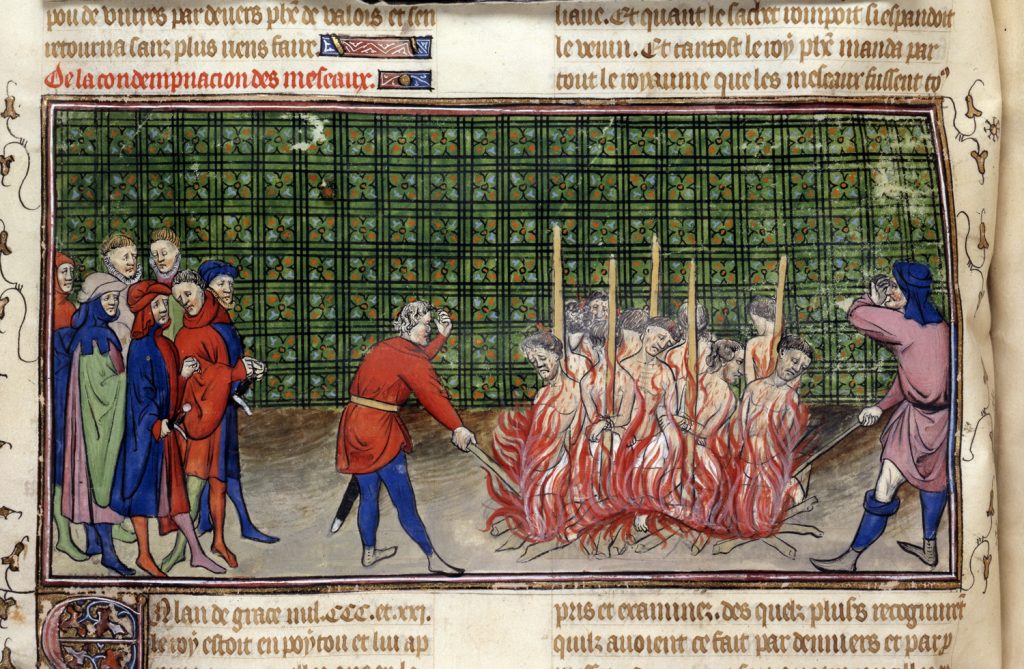Protecting Public Health: Political Independence and Well-Poisoning Allegations in Medieval Mediterranean France
Dr. Tzafrir Barzilay

Fear of infectious diseases, and indeed of the sick themselves, was a powerful force in medieval society, as it is today. The growing urbanization of the High Middle Ages had brought together strangers who now lived in close proximity, but did not always trust each other. With the authority to manage the cities came great power, but also major challenges. This lecture will shed light on the efforts of medieval administrators to deal with one minority that stood at the heart of social anxiety, the lepers. Municipal officials in medieval southern France tried to segregate lepers and manage their property, while pushing aside competing claims by other institutions and the Crown. Well-poisoning accusations developed as a weapon in this struggle, and were designed to bolster the authority of urban councils over the lepers, and give officials additional administrative forces. We will see that while this political maneuver was successful, the idea of well poisoning took on a life of its own. When a much more threatening illness, the Black Death, suddenly appeared, well poisoning allegations quickly spread across the continent, wreaking havoc on different minorities. We will end with some thoughts about the social significance of plague alarms, the ways by which political actors might take advantage of public fears, and the danger that such abuse poses.
Monday, November 8, 2021.
14:00-15:00
Room #232, New Library Wing,
University of Haifa

